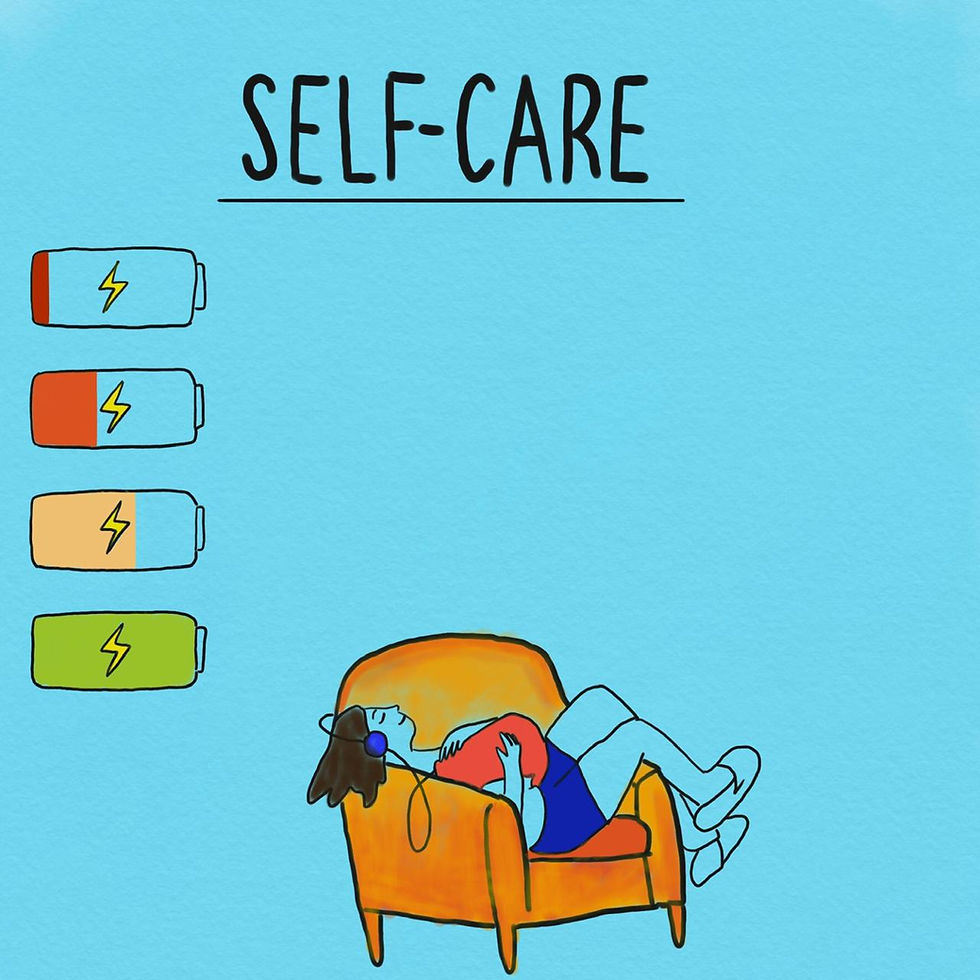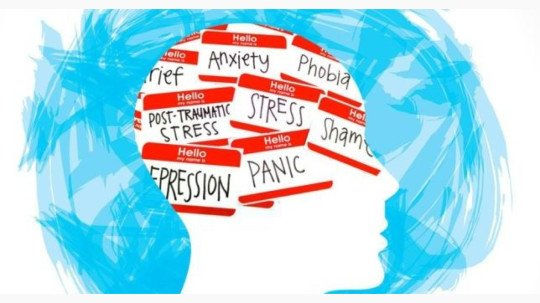Losing Focus
- Ananya
- Jan 24, 2022
- 3 min read

Recently, I’ve come to terms with the fact that my mind is being pulled in all sorts of directions, whether it’s my academics, my family, big changes that are happening in my life, my friends, social media, personal issues, and really everything in my life. It’s a rather suffocating feeling, and with it comes fatigue; I no longer feel like doing what I used to do, and I’m losing focus when it comes to the important things. The swarming distractions, constant interruptions, bustling city noises and the pulling force of the screens around me have led to a period of unproductivity and lethargy that I cannot tolerate yet cannot combat either. This is the modern context in which most of us work; focusing and prioritizing is becoming increasingly difficult, and this takes a devastating toll on our performance and sense of well-being. The mental traffic is a heavy weight to lug around, and as I find myself losing focus, I can’t help but wonder if it’s a result of lack of motivation or a universal phenomenon among people my age.
If you look at it from a scientific lens, as I often like to do, you’d know that concentration difficulties can be caused by medical, cognitive or psychological problems or may be related to sleep disorders or medications, alcohol or drugs. Research says that psychological conditions that interfere with our ability to focus include anxiety, depression, bipolar disorder, emotional trauma and stress. Does any of that sound familiar? No matter how hard you try, sometimes you might just be a victim of your circumstances. But other times, if this doesn’t sound familiar to you and you want to get over what seems like a curse of concentration, you need to train your brain, improve both the quantity and quality of your sleep (by quality, I don’t mean consume sedating medication, instead, turn off all your screens an hour before bed and drink green tea or whatever works best for you), and perhaps give meditation a try.
However, as I write this, I am what’s known as a hypocrite; I certainly have focus issues, but do I work to get over them or instead do I just complain? Unfortunately, I choose the second option. It’s always easy to blame the weather, the circumstances, or your environment in general, but in reality, what I’ve come to realize is that it’s all about your mentality. Sometimes, you have to force yourself in order to actually do something. Losing focus and losing sight of your priorities can cause great detriment to your present and your future in ways that you may not even imagine. It’s not easy to eliminate those distractions; talking to your friends does seem more appealing than working, and often I’ve told myself that I can multitask and do both at the same time, although unfortunately, that’s not the right answer.
There was one piece of advice I received just a few days ago as I continued complaining about my inability to focus, and it really changed the way I work or really the way that I do anything at all in a day. Whatever you’re doing right now, give it your 100% and make sure you’re satisfied with that 100%; when you’re studying, divert 100% of your attention on studying and push out any other thoughts about really anything else; and when you’re talking to your friends, give that 100% of your attention too, so nothing ever feels incomplete. While it may sound cliched, you’ll be surprised how positively you react to this work-leisure reward system. I hope that opens your eyes as much as it opened mine.



Comments